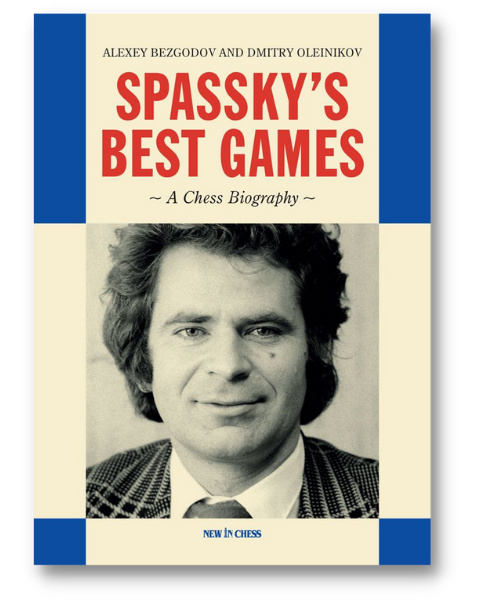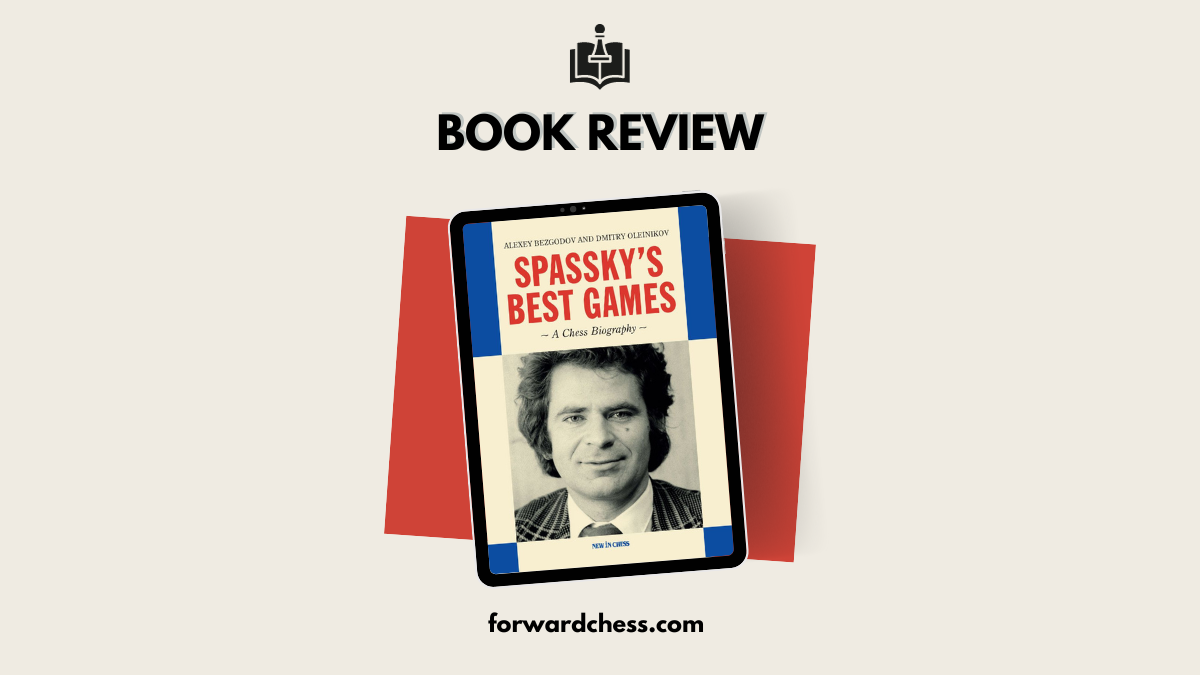Review of Spassky’s Best Games
“Boris Spassky was my first chess idol.”
– Former World Champion, Garry Kasparov.
Former World Champion Boris Spassky is arguably now best known for losing the 1972 World Championship match against Bobby Fischer. If that’s the case, it’s a disservice to Spassky, who was an extremely strong player in his prime. He managed to win two successive Candidates Series in 1965 and 1968, and wrested the World Championship from Tigran Petrosian in 1969, after losing to him in the 1966 World Championship match. He is also considered to be the first world champion with a universal style.
The contrast between Fischer and Spassky is stark. Fischer lived and breathed chess, whereas Spassky, by his own admission, was somewhat lazy:
“My natural flaw is laziness. I have had to fight laziness quite often, and usually, she defeats me. It is difficult to fight idleness, it is difficult to resist the word ‘maybe’.”
He accurately assessed his strengths and was very realistic about his career. He was quoted in a 1966 interview as follows.
“I hope I shall be stronger in three- or four-years’ time than now, but after that, I shall decline, and another strong player will take my place.”
This is a remarkable self-assessment that proved eerily accurate!

According to former World Champion Vladimir Kramnik in the Forward to this book, Spassky is “a man of a broad soul, absolutely not petty”. Commenting on the 1972 match, when Spassky could have claimed victory after Fischer forfeited the second game, Kramnik wrote:
“I guess he admired Fischer’s genius and that must have prevented him from winning the match. He understood that Fischer was unique. And not to let him play a match (or you can read it like this: not to let him become a world champion) would have been a crime against chess. Boris is one of those people for whom these things are not empty words. I’m sure he wouldn’t have forgiven himself if he hadn’t given Fischer a chance.”
Spassky himself wrote:
“According to the rules, I could demand to be declared the winner. However, if I won without a game, I would forever lose respect for myself and constantly feel like I was not a true World Champion, and precisely because I did not play Fischer.”
Unfortunately, apart from books on the two matches against Fischer in 1972 and 1992, comparatively little has been written about Spassky’s career compared to some of the other world champions, although he is profiled in Kasparov’s My Great Predecessors series. In addition, it’s regrettable that Spassky has not written a book about his career, and it’s probably unlikely that he ever will, given that he is now 86 years old (as of September 2023). Hence, Spassky’s Best Games by GM Alexey Bezgodov and Dmitry Aleynikov is a welcome addition to the literature on Spassky.
The book is divided into two parts. The first part is a biography, and this part also includes some relevant games that show Spassky’s development as a player. This part discusses the highs and lows of his chess career, especially in his early years when he struggled to make it to the Candidates Tournament, and it seemed that his enormous talent would not be sufficient to take him to the top in chess. His struggles with his chess coaches and the difficulties in his personal life also were factors in this difficult period. The authors also provide good background to the second major period of his struggles after losing to Fischer in 1972, and his eventual move to France in 1976, and finally the unclear circumstances behind his return to Russia in 2012. Some historical photos also complement this part.
Overall, this part presents a very humane portrait of Spassky that goes well beyond a pure listing of his chess achievements.
The second part is a selection of 61 annotated games that are organized in chronological order. The annotations are very clear and appropriate for a wide range of players. While the book includes corrections of previous analyses based on the results from strong chess engines, the annotations are primarily used to understand the key features and critical moments of the games. More emphasis is placed on the analysis of the middlegame and endgame rather than the opening theory. This is a sensible method of analysis, and it is also consistent with Spassky’s approach to chess. Each game ends with a lesson section to summarise what can be learned from the game. This makes the book a good teaching text as well as a fascinating biography.
Two examples from the book are given below, with annotations from the book.
Spassky’s Best Games: Example 1
Spassky’s Best Games: Example 2
In conclusion, this is a great addition to the literature on Boris Spassky. The book can be read as a pure biography and as a teaching text based on Spassky’s games. The result is an accessible book that can be recommended to all players, and it is a fine tribute to the 10th World Champion.
Have any questions? Let us know in the comments!
- New Release: Chess Analysis – Reloaded - March 9, 2024
- Review: The Art of The Endgame – Revised Edition - February 14, 2024
- Review: Study Chess with Matthew Sadler - December 13, 2023
